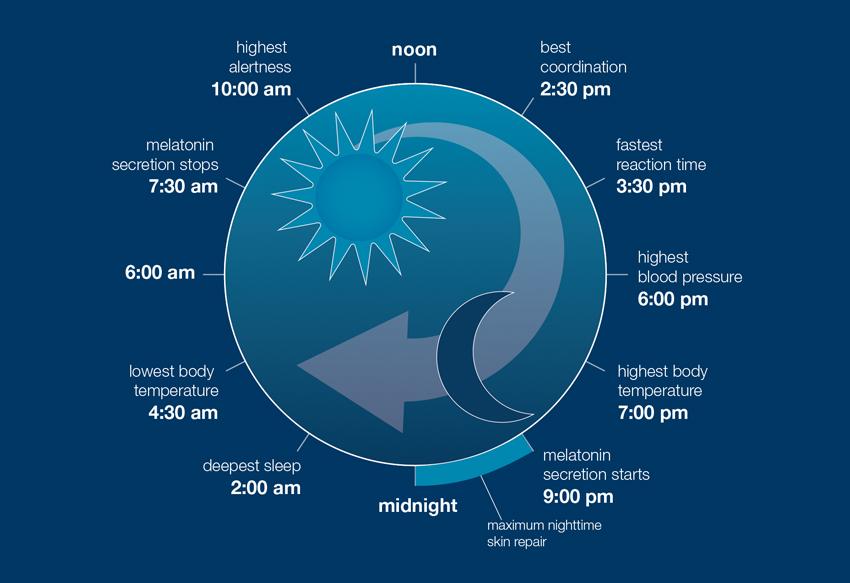Living a long and healthy life is a goal many of us strive for, yet it often feels like a mystery to achieve. While genetics may play a role, lifestyle choices have a significant impact on longevity and overall health. From adopting healthy habits to nurturing mental well-being, a few key factors can help you not only live longer but also thrive. Here are some practical tips on what makes one live longer and healthier in life.
1. Balanced Nutrition: Fueling Your Body Right
The cornerstone of longevity is a balanced diet. What you eat plays a massive role in how your body functions and ages over time. To live longer, aim for a diet rich in:
- Fruits and vegetables: Loaded with essential vitamins, minerals, and antioxidants that protect against disease.
- Whole grains: These provide long-lasting energy and are high in fiber, promoting heart and digestive health.
- Lean proteins: Opt for fish, poultry, and legumes, which support muscle maintenance and repair without excessive fat.
- Healthy fats: Include sources like olive oil, nuts, and avocados to promote brain and heart health.
Avoid excessive processed foods, sugary drinks, and trans fats, which can lead to chronic illnesses like heart disease, diabetes, and obesity.
2. Regular Physical Activity: Keeping Your Body Active

Exercise is a key factor in maintaining not just physical health but also mental well-being. Studies consistently show that regular physical activity reduces the risk of major illnesses such as heart disease, stroke, diabetes, and even cancer. Engaging in activities like:
- Walking, jogging, or cycling for cardiovascular fitness
- Strength training to build and maintain muscle mass
- Flexibility exercises like yoga or stretching to keep joints healthy
Consistency is more important than intensity. Even moderate exercise, done regularly, can increase your lifespan and improve your quality of life.
3. Mental Wellness: Nurturing Your Mind and Spirit
Mental health is just as important as physical health when it comes to living a long life. Managing stress, fostering positive relationships, and keeping the mind sharp are critical components of longevity.
- Stress management: Chronic stress can lead to health problems, including high blood pressure, anxiety, and a weakened immune system. Practices like meditation, mindfulness, or deep breathing exercises can help you stay calm and resilient.
- Social connections: Strong relationships and a sense of community provide emotional support, improve mental health, and even enhance immune function. Engaging with friends, family, and social groups can improve both your mood and your longevity.
- Mental stimulation: Keeping the brain active is vital to long-term cognitive health. Reading, learning new skills, and challenging your mind with puzzles or problem-solving tasks can help keep your mind sharp as you age.
4. Sleep: The Body’s Time for Repair

Quality sleep is one of the most underestimated aspects of living longer and healthier. Sleep is when the body repairs itself, including muscle recovery, cell repair, and the strengthening of the immune system. Adults should aim for 7-9 hours of sleep per night to:
- Improve memory and concentration
- Lower the risk of heart disease and stroke
- Regulate mood and reduce stress
- Support healthy metabolism and weight
Lack of sleep has been linked to numerous chronic diseases, including obesity, heart disease, and diabetes, so getting enough rest is essential for a longer, healthier life.
5. Avoiding Harmful Habits: Protecting Your Health

Certain lifestyle choices are known to shorten life expectancy, such as smoking, excessive alcohol consumption, and substance abuse. These habits increase the risk of many diseases, including lung disease, heart problems, liver issues, and cancer.
- Quit smoking: Tobacco use is one of the leading preventable causes of death. Quitting smoking can add years to your life, regardless of how long you’ve been smoking.
- Limit alcohol: Excessive drinking can lead to liver disease, cancers, and heart conditions. Moderate alcohol consumption (1 drink per day for women, 2 for men) can be less harmful, and red wine in moderation may even have some health benefits.
6. Regular Health Checkups: Early Detection Saves Lives
Prevention is better than cure. Regular health checkups and screenings allow for early detection of potential health issues. Whether it’s monitoring blood pressure, cholesterol, or blood sugar levels, catching health concerns early can prevent more serious conditions from developing later on.
- Annual physicals can help track your overall health and flag potential issues.
- Screenings for cancer, such as mammograms, colonoscopies, and prostate exams, can save lives by detecting the disease early when treatment is most effective.
7. Purpose and Positivity: A Reason to Wake Up Every Day
Having a sense of purpose in life is often cited as a key factor in longevity. Studies on centenarians (people who live to be 100 or older) show that those who live the longest often feel they have a purpose or mission in life. This could be:
- Pursuing hobbies
- Volunteering or community involvement
- Spending time with family
A positive outlook on life also helps. Maintaining a hopeful and optimistic attitude can reduce stress and contribute to both mental and physical well-being.
Conclusion
Living a long and healthy life isn’t just about one factor; it’s about adopting a combination of healthy habits that nourish your body, mind, and spirit. Balanced nutrition, regular physical activity, mental well-being, sleep, avoiding harmful habits, and regular health checkups are all essential to not just adding years to your life but making those years fulfilling and vibrant. Ultimately, a long life is about living well—taking care of your body, staying connected, and finding joy and purpose in every day.